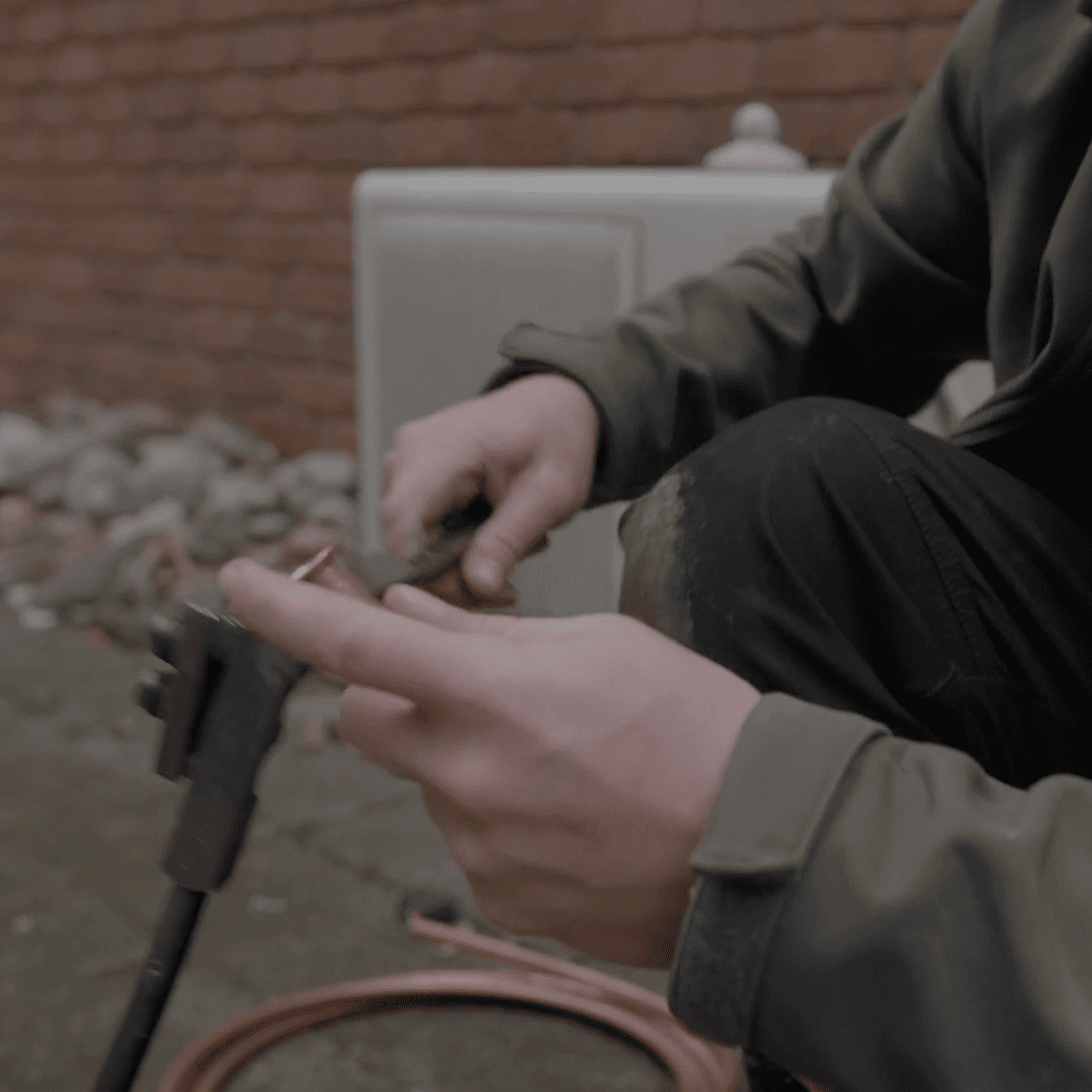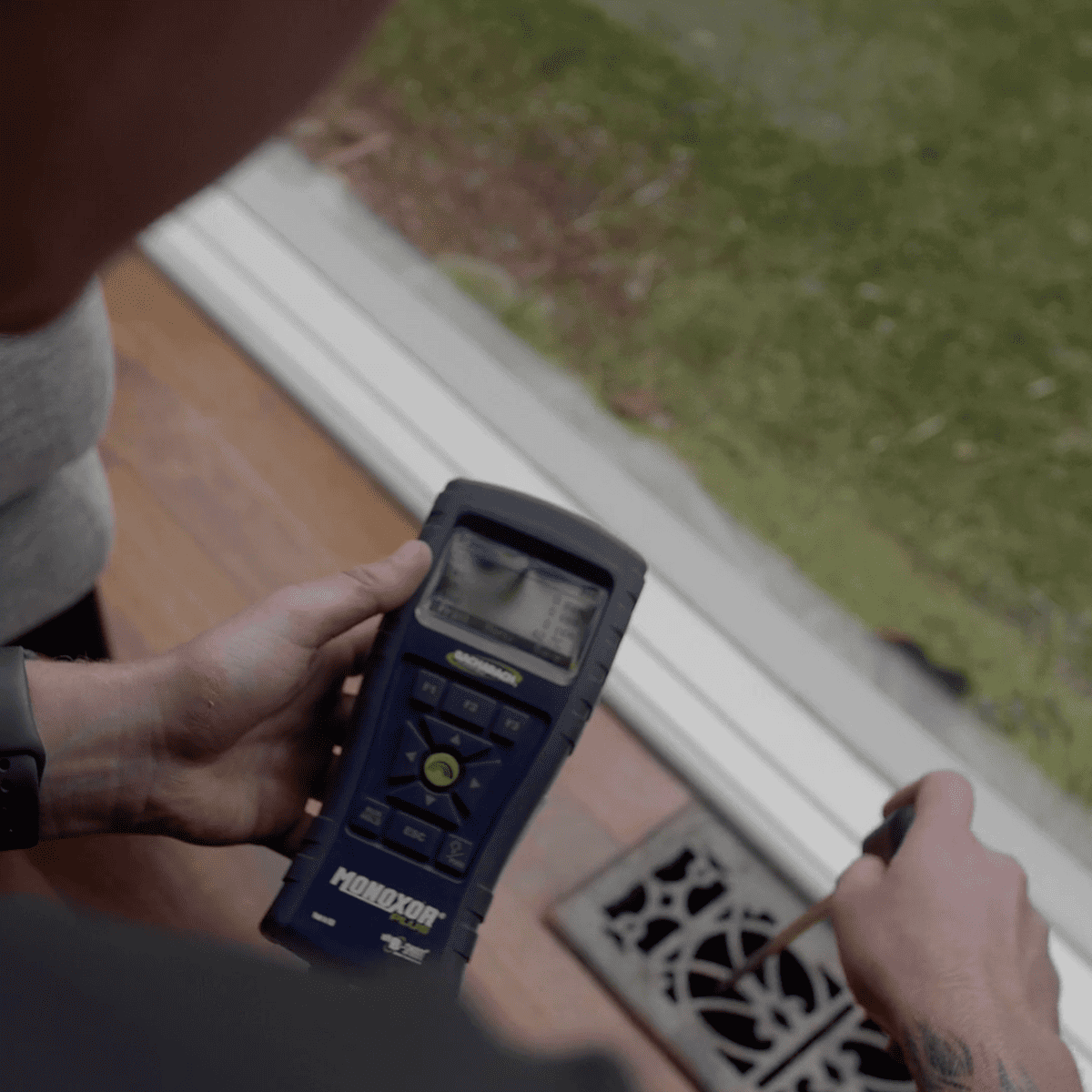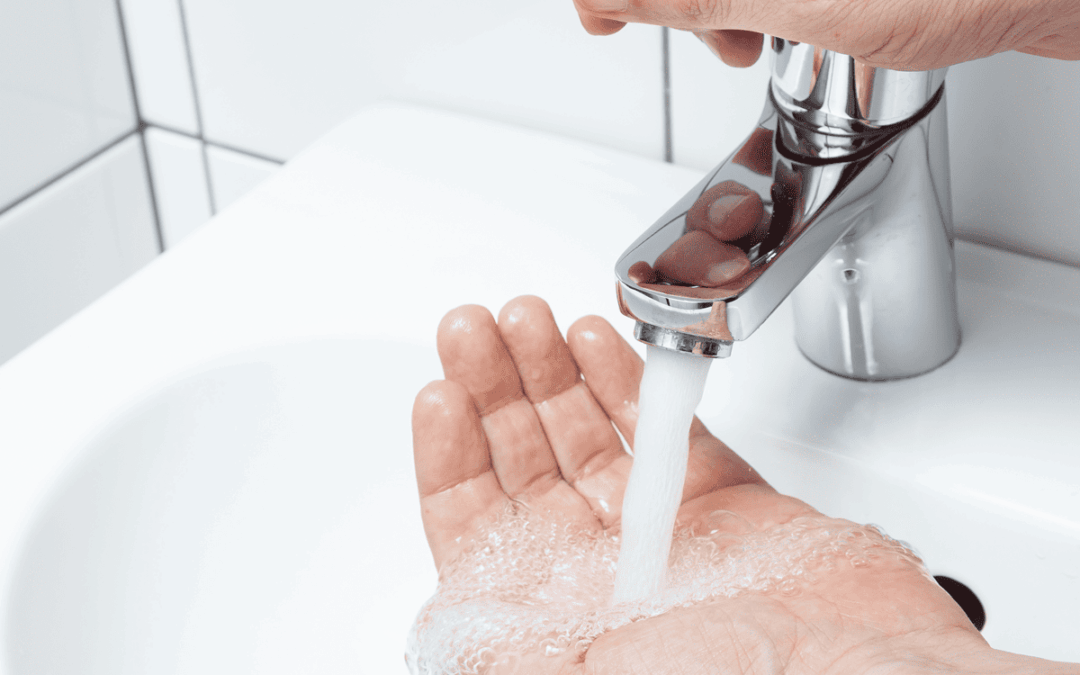As the cold weather sets in, your hot water system becomes one of the hardest-working appliances in your home. Winter brings increased demand for hot water and colder water entering the system, which can reveal weaknesses that went unnoticed in warmer months.
A well-maintained hot water system ensures you have consistent hot showers, reliable heating, and manageable energy bills. Here’s what you need to know to keep your system running smoothly all season.
Why Hot Water Systems Struggle in Winter
During winter, your hot water system is under more pressure for two main reasons: higher demand and colder incoming water. Shorter days and lower temperatures mean households use more hot water for showers, washing, and heating. At the same time, the water entering your system is significantly colder, so it takes more energy and time to heat.
Gas, electric, and solar hot water systems all face these challenges. Even a high-quality system will work harder in winter, which is why pre-season maintenance is important. If you ignore preparation, you risk slow recovery times, sudden breakdowns, and higher running costs.

Common Issues That Surface in Cold Weather
The winter workload often exposes underlying problems. Here are the most frequent issues homeowners encounter:
- No hot water at all – This could be caused by a failed heating element, faulty thermostat, or gas supply interruption.
- Slow recovery between uses – Colder input water means your system must heat for longer. A build-up of sediment can make this worse.
- Pilot light problems – In gas systems, pilot lights can go out due to worn components or drafts, leaving you without heat.
- Water leaks – Cold weather can cause seals to harden or pipes to contract, leading to leaks.
- Rust-coloured water – This can signal corrosion in the tank, often accelerated when the system is under strain.
Recognising these issues early can save you from costly emergency repairs in the middle of winter.
Warning Signs to Watch For
Not all problems appear suddenly. Your hot water system may give early clues that it needs attention. Keep an eye out for:
- Drop in water temperature – If hot water isn’t as hot or runs out faster than usual, it could mean a failing thermostat or sediment build-up.
- Unusual noises – Banging, rumbling, or popping sounds often indicate sediment inside the tank.
- Increased energy bills – If you’re paying more but not using more hot water, your system may be working inefficiently.
- Water pooling near the tank – Even small leaks should be taken seriously, as they can worsen quickly.
Addressing these signs early can prevent a minor fault from turning into a full breakdown.
What Proper Maintenance Involves
Servicing a hot water system isn’t just about checking if it’s working – it’s about ensuring it’s operating safely and efficiently. A thorough maintenance process can include:
- Flushing the tank – This removes sediment and mineral build-up that reduce efficiency and cause noise.
- Inspecting and replacing valves – The temperature and pressure relief (TPR) valve should be checked to ensure it’s operating correctly.
- Checking the anode rod – This protects the tank from corrosion and should be replaced when worn.
- Inspecting seals and connections – Tightening or replacing worn seals helps prevent leaks.
- Testing thermostat and heating elements – Ensures the system heats water to the correct temperature without wasting energy.
- Gas system checks – For gas units, the burner, pilot light, and gas connections are inspected for safety.
DIY vs Professional Servicing
There are simple checks homeowners can do themselves:
- Look for leaks around the system
- Check for rust or corrosion on visible parts
- Listen for unusual noises
- Test water temperature from a tap
However, many maintenance tasks require a professional. A qualified technician can safely flush the system, test electrical or gas components, and identify hidden issues. Professional servicing also ensures you stay within the manufacturer’s warranty requirements.
DIY checks are good for spotting problems early, but expert servicing is essential for a complete inspection and tune-up.
Benefits of Winter Hot Water Maintenance
Investing in maintenance before or during winter offers several advantages:
- Better performance – The system heats water faster and maintains consistent temperature.
- Fewer breakdowns – Regular checks catch problems before they escalate.
- Energy savings – A clean, well-tuned system uses less energy, reducing your power or gas bills.
- Longer lifespan – Preventative care helps avoid damage that shortens the system’s life.
- Peace of mind – You know your household won’t be left without hot water on a freezing morning.
When your hot water system works efficiently, you also reduce strain on your home’s overall energy usage.
Why Winter Servicing Makes Sense
Many homeowners wait until something goes wrong before calling a technician. But winter is when your system is most likely to struggle, so proactive servicing is the smarter option.
Servicing ensures:
- All parts are checked and cleaned
- Safety features are tested
- Any worn or damaged components are replaced
- Your system runs at peak efficiency despite the extra workload
It’s far cheaper and less stressful to book a scheduled maintenance appointment than to arrange an emergency repair in the middle of winter.

Preparing for the Next Winter Season
Once your hot water system is serviced, you can maintain it between professional visits by:
- Monitoring performance and noting any changes
- Checking the system every few months for leaks or corrosion
- Scheduling an annual service before the cold weather arrives
If your system is more than 10 years old, start considering replacement options. A modern gas hot water system, installed and maintained properly, can deliver better efficiency and reliability.
Keep Your Hot Water Flowing This Winter
Don’t wait until your showers run cold or your energy bills climb. Winter hot water system servicing is one of the simplest ways to keep your home comfortable and your budget under control.
Contact Service It today to arrange a professional inspection and maintenance service. Whether you have a gas hot water system, electric storage unit, or continuous flow setup, their experienced technicians can ensure it’s ready to handle the winter demand.
A little preparation now means fewer breakdowns, lower running costs, and the comfort of knowing your hot water will be there when you need it most.

